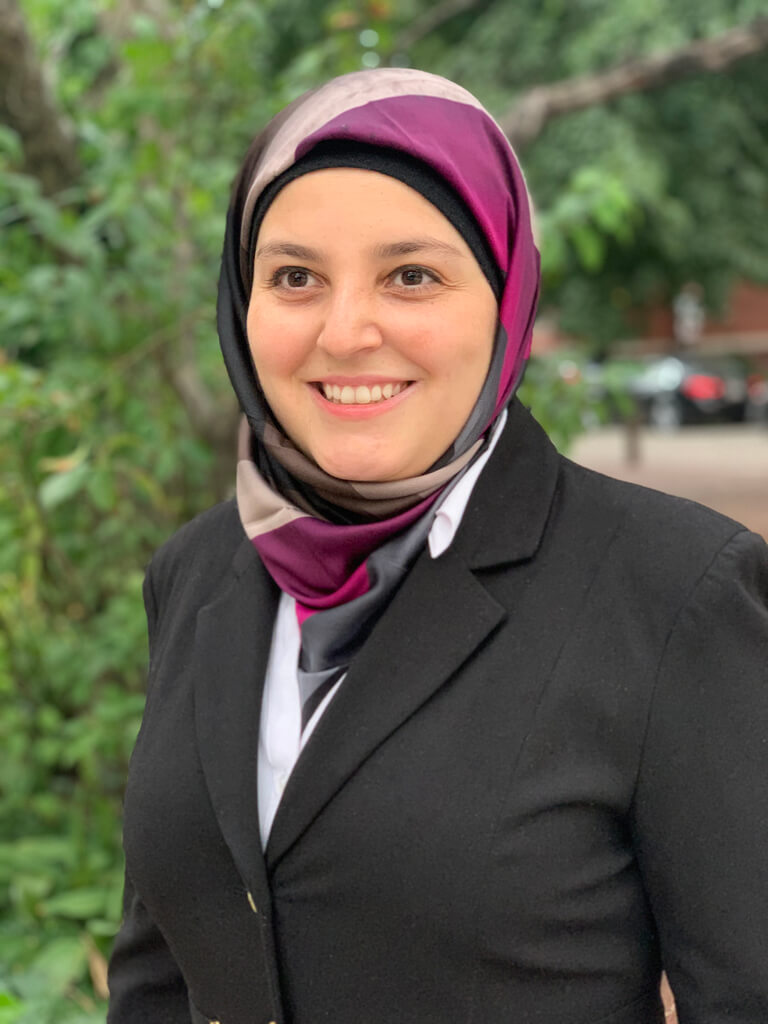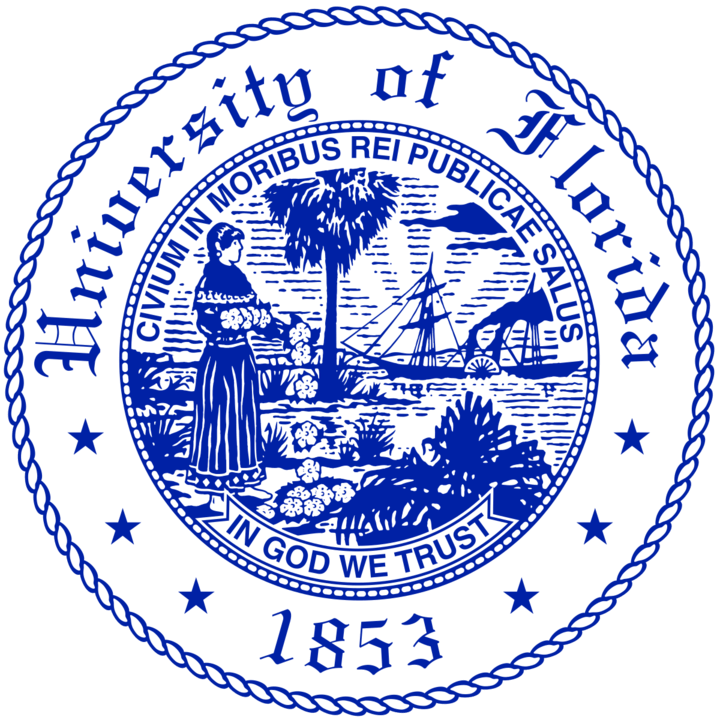Teaching Experience
I created this page to share my journey of becoming an assistant professor of Bioengineering at Northeastern University. As a blind female scientist, I faced unique challenges and learned valuable lessons along the way. Here you'll find my teaching experiences, the knowledge I've gained, and the impact on my students.

Undergrad at Wellesley College
Tutor for Math and Arabic (2006-2009)
Grad at University of Florida
Chemistry TA (2014)
Postdoc at University of Minnesota
Mentored undergraduates in research (2017-2019)
Assistant Professor at Northeastern University
Professor of Biomolecular Dynamics and Control

My First Time as a Teaching Assistant at University of Florida
During my graduate studies at the University of Florida, I received fellowships that allowed me to conduct research without needing to TA. In my third year, I volunteered for a TA position and became the first blind Chemistry TA at UF. This became one of the best experiences of my life.
Student Feedback:
Click to view all student feedbackGiven her circumstances, I felt that Mona delivered information well and communicated ideas exceedingly well. I was impressed to say the least, as well as humbled and inspired by her courage and fortitude.
Very thorough in her explanations, actually made us work problems out on the board to make sure we got to practice, engaged the class collectively to help each other work out problems.
Mona is a really awesome TA. I thought it was interesting that she was blind. At first, I thought that this would compromise her teaching style. I WAS WRONG. I actually was very attentive in class, and she always motivated us to get on the chalk board and practice.
Were Mona a professor, I would go out of my way to take another class with her. I was very impressed, to say the least, as well as humbled and inspired by her courage and fortitude.
Thank you for all the dedication and willingness to help us. I think I can speak for all that you sincerely wanted us to do well. I aspire to be as bad-*ss as you one day.
My First Time Teaching as a Professor at Northeastern University
My journey led me to becoming one of the first blind Bioengineering Professors at Northeastern University. Teaching Biomolecular Dynamics and Control was challenging without existing examples of blind professors teaching similar courses. I created my own system to design the course in a way that worked for me. Teaching this visual class as a blind professor was challenging, but we overcame these obstacles together. Some students were inspired, others apprehensive - which was understandable as they'd never experienced a classroom with a blind professor before.
This experience allowed me to demonstrate that a blind professor in a visual field is possible, and I hope it will broaden participation of blind and visually impaired individuals in higher education.
Student Feedback:
Click to view all student feedback
Walking in the first day and finding out that professor Minkara was blind I was a little nervous about the class. These notions were SO WRONG. Professor Minkara is one of the most intelligent professors I have ever had. She really knows her material and is an outstanding teacher. I had an incredible experience in this course- I am very sad that it ended early but am grateful for the opportunity to learn from her!
I was definitely correct in assuming I would be inspired by Professor Minkara. Every day we were in the classroom I left feeling more optimistic about my own abilities to achieve academically seeing how successful she has been.
She also made it an incredibly engaging class and a comfortable environment to ask questions, which for me makes all the difference in a class.
I try to always keep an open mind, after the first day of Mona explaining her disability, and learning how the class would function, very auditory with lots of mutual respect to have a collaborative learning space, I knew that this was the class for me.
Being an educator in STEM while blind will definitely bring its challenges, but that is not to say that a blind educator cannot be as effective as one that is not blind, as demonstrated by Professor Minkara.
Mona did an exceptional job teaching students, following presentations, explaining complex subject matter, answering questions, hosting office hours and much more. I had an amazing time in class while we were still on campus, and Mona is actually my favorite professor in college, and actually my best professor in college. I think that Mona's adversary in regards to her blindness, made her excel in so many supplementary areas of teaching making her an amazing professor.
Mona has an exceptional ability to memorize presentations, follow along with your questions in the middle of derivations without any preface, and I'm sure a sighted professor would have a lot more trouble with this. Mona was able to explain this to us with lots of words over and over again in different ways, answer any question we had.
I definitely do think there should be more blind professors in stem. I'm not sure if every teacher has the drive and ability that Mona does, but she definitely set an amazing precedent for others to come after her.
I've learned more in this class than I have in a lot of my other STEM courses. I think the joyful and collaborative nature of our class helped a lot, but it was Professor Minkara who ignited that spark to have a lively classroom experience
Professor Minkara demands participation and makes an effort to ensure all students understand the material.
She also made it an incredibly engaging class and a comfortable environment to ask questions, which for me makes all the difference in a class.There was a mutual respect relationship for everyone in the class. I think that this style of teaching actually beat all of my other class styles. By having students constantly ask questions, and be asked questions, and fill in what might be next, enhances understanding and attentiveness exponentially. I would advise all other teachers to follow her teaching methods because it is extremely effective.
Professor Minkara is more committed to getting feedback from her students, both in the middle of lectures and in general. It is clear that she in enthusiastic about teaching and really cares about her students and their understanding.
Professor Minkara has proven to be an extremely bright, dedicated, caring, and effective professor. She has shown that the many challenges that blind educators face can be navigated and overcome. I would love to see more resources in academia to support blind educators and educators with disabilities so that STEM fields can become more diverse.